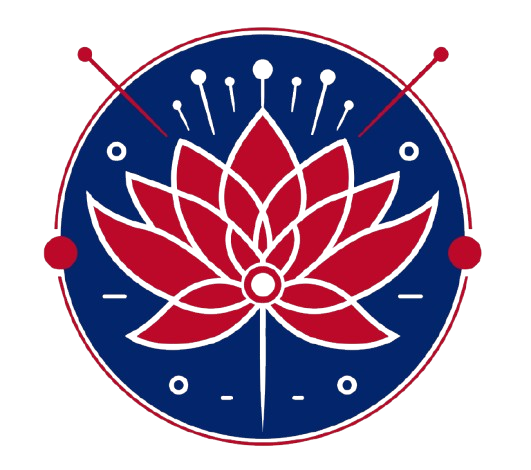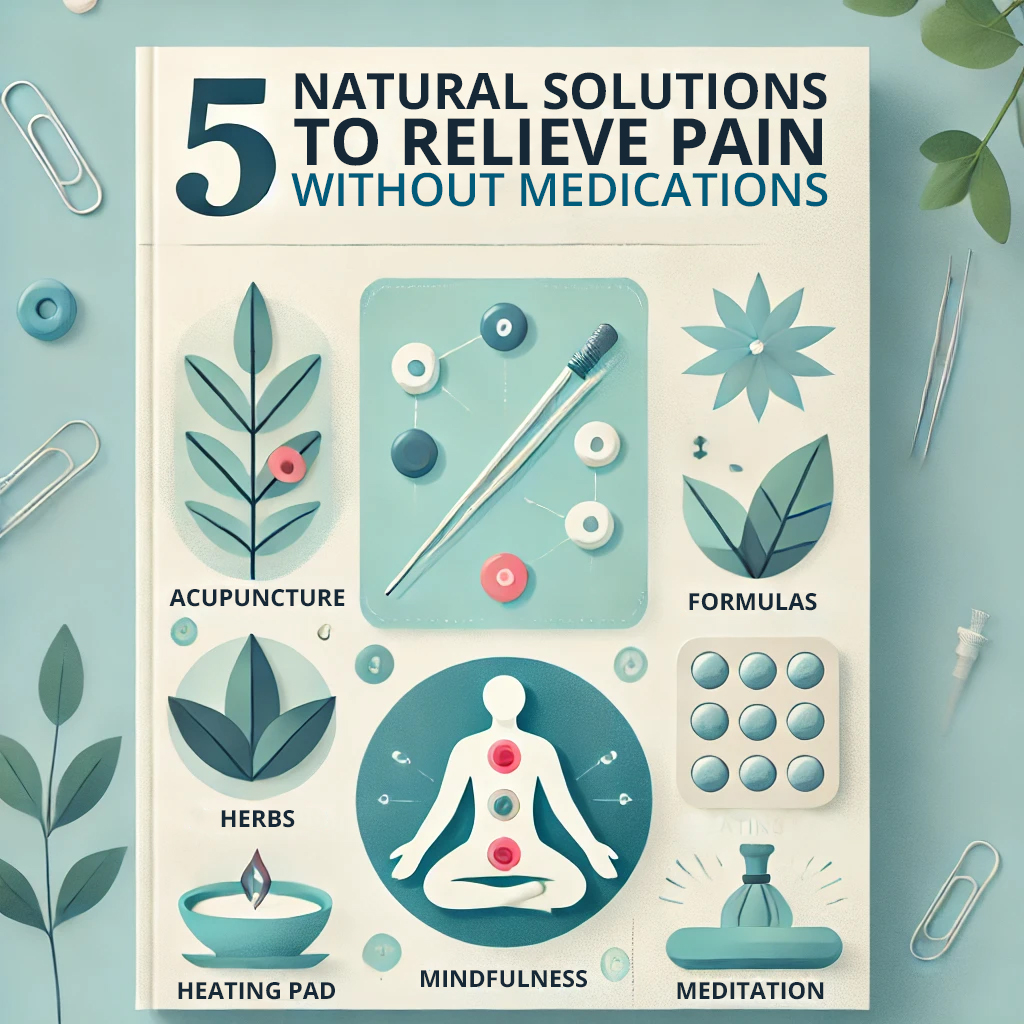You’re seeking a thorough and holistic approach to managing overactive bladder symptoms in St. Petersburg, recognizing that a multi-faceted treatment plan can greatly improve your quality of life. You’re not alone – millions of Americans experience the sudden, intense urge to urinate, frequent bathroom visits, and urinary incontinence associated with OAB. Fortunately, leading treatments in St. Petersburg combine non-surgical options like behavioral therapies, Kegel exercises, and relaxation techniques with lifestyle changes such as caffeine reduction, regular physical activity, and bladder retraining. As you explore your options, you’ll discover a range of advanced therapies, from acupuncture to sacral nerve stimulation, that can help you regain control and confidence. By exploring further, you’ll uncover the perfect blend of treatments tailored to your unique needs.
Key Takeaways
- In St. Petersburg, behavioral therapies like bladder training and scheduled toilet visits are effective non-surgical treatment options for OAB.
- Acupuncture and neuromodulator techniques are advanced therapies that can provide long-lasting relief from OAB symptoms.
- Lifestyle changes like reducing caffeine intake, regular physical activity, and bladder retraining can help manage OAB symptoms.
- Sacral nerve stimulation and botulinum toxin injections are minimally invasive treatment options with high success rates in St. Petersburg.
- Clinical studies have shown that these leading treatments can improve quality of life, reduce bathroom trips, and alleviate urinary incontinence in St. Petersburg patients.
Understanding Overactive Bladder Symptoms
You may be all too familiar with the sudden, intense urge to urinate that characterizes overactive bladder (OAB). This frustrating symptom is often accompanied by the need for frequent bathroom visits throughout the day and night. You may experience urinary incontinence, particularly urge incontinence, which occurs when the urge is so strong that it results in accidental leakage. Like stress and anxiety that can exacerbate neck pain, OAB symptoms can be influenced by lifestyle factors and hormonal changes. The severity of OAB symptoms can vary widely, ranging from mild urgency to severe frequency and incontinence. It’s vital to understand your personal triggers and symptoms, as they can be influenced by lifestyle factors, neurological disorders, diabetes, and hormonal changes. Accurate diagnosis is critical, as OAB symptoms can greatly impact your quality of life and may overlap with other urinary disorders. By recognizing your symptoms and seeking professional help, you can take the first step towards effective diagnosis and treatment. Lifestyle changes, such as dietary adjustments and bladder training, can also play a considerable role in managing OAB symptoms and improving your overall well-being.
Causes and Risk Factors of OAB
As you struggle with the symptoms of overactive bladder, it’s natural to wonder what causes this frustrating condition. The truth is, there’s no single answer, as overactive bladder (OAB) can be caused by a variety of factors. If you’re experiencing symptoms of urinary incontinence, you may be wondering what’s behind them. Aging, for one, can affect female urological health, increasing the likelihood of OAB symptoms. Hormonal changes, diabetes, and urinary tract infections can also contribute to OAB. Even lifestyle factors like obesity, smoking, and high caffeine intake can exacerbate symptoms and contribute to its onset. Additionally, herbal medicine can play a significant role in addressing underlying genitourinary issues Traditional Chinese Medicine, which may be contributing to OAB. For men, prostate issues may be a contributing factor, while women may experience symptoms related to childbirth and menopause. Unfortunately, in some cases, the exact cause of OAB remains idiopathic, meaning it can’t be definitively diagnosed despite thorough medical evaluation. Understanding these causes and risk factors is essential in seeking effective overactive bladder treatment, and finding relief from the symptoms holding you back.
Non-Surgical Treatment Options Available
Managing overactive bladder symptoms demands a thorough approach, and fortunately, non-surgical treatment options are available to help alleviate urinary frequency and urgency. You can benefit from a range of non-surgical treatments that address your physical, emotional, and lifestyle needs. Behavioral therapies, such as scheduled toilet visits and mindfulness practices, can reduce urgency and frequency of urination. Kegel exercises are also recommended to strengthen your pelvic floor muscles, improving bladder control and reducing episodes of leakage. Many individuals also struggle with insomnia, which can exacerbate bladder issues, and holistic insomnia treatment can provide a natural solution. Integrating relaxation techniques, like acupuncture, into your daily routine can also help reduce overall stress and anxiety. Bladder training techniques can help you gradually increase the time between bathroom visits, enhancing your bladder’s capacity to hold urine. Additionally, lifestyle modifications, including dietary adjustments, can help manage symptoms effectively. By incorporating these non-surgical treatments into your daily routine, you can regain control over your bladder and improve your overall quality of life. Education and support groups can also provide valuable resources and shared experiences to navigate your condition.
Lifestyle Changes for OAB Management
By adopting simple yet effective lifestyle changes, individuals can greatly impact their overactive bladder symptoms, paving the way for a more comfortable and confident daily life. One of the first steps you can take is to reduce your caffeine intake, which can help alleviate bladder pressure and decrease urgency. Engaging in regular physical activity not only supports overall health but also contributes to improved bladder function and symptom management. Additionally, incorporating holistic approaches like acupuncture for digestive health can also have a positive impact on overall wellbeing. You can also implement scheduled bathroom visits, known as bladder retraining, to enhance control and reduce the frequency of urges. Strengthening your pelvic floor muscles through Kegel exercises is effective for many individuals in improving bladder control and reducing symptoms of OAB. Additionally, making simple dietary adjustments, such as avoiding spicy foods and citrus, can minimize triggers that exacerbate OAB symptoms. By incorporating these lifestyle changes into your daily routine, you can take the first step towards regaining bladder control and living a more carefree life.
Advanced Therapies for Overactive Bladder
Many individuals who’ve tried lifestyle changes and conservative treatments without adequate relief may find themselves searching for more advanced solutions to alleviate their overactive bladder symptoms. If you’re one of them, you may be considering advanced therapies for overactive bladder. These options can offer a notable improvement in your quality of life. In fact, acupuncture, a practice recognized by the World Health Organization for treating various conditions, including pain pain management, has been shown to provide long-lasting effects and notable mobility improvements. One such approach is neuromodulation techniques, which involve stimulating the nerves that control bladder function to improve symptoms. Sacral nerve stimulation has shown a remarkable success rate of up to 80% in patients who don’t respond to traditional therapies. Another option is botulinum toxin injections into the bladder muscle, which can reduce urinary urgency and frequency, with effects lasting several months. Clinical studies have consistently demonstrated that these advanced therapies can notably improve quality of life, often resulting in fewer bathroom trips and reduced episodes of incontinence. By exploring these advanced therapies, you can take a notable step towards regaining control over your bladder and enjoying a more fulfilling life.
Frequently Asked Questions
What Is the Most Effective Medication for Overactive Bladder?
You’re looking for the most effective medication for overactive bladder, but it’s important to know that it’s not a one-size-fits-all solution. What works for someone else might not work for you, and it’s vital to work closely with your healthcare provider to find the best fit.
What Is the Gold Standard Treatment for Overactive Bladder?
You’re looking for the most effective approach to tackle overactive bladder symptoms. The gold standard treatment begins with behavioral therapies, like bladder training and pelvic floor exercises, which can greatly improve your symptoms without medication.
What Is the Newest Treatment of OAB?
You’re seeking the latest solution for overactive bladder relief. Imagine Sarah, who struggled with frequent urination, finding solace in Medtronic Bladder Control Therapy, a groundbreaking neuromodulation treatment that’s shown to provide significant symptom relief for 50-70% of patients.
What Is the Last Resort for Overactive Bladder?
As you navigate overactive bladder symptoms, you’re likely wondering what the last resort is; unfortunately, it may involve advanced therapies like Medtronic Bladder Control Therapy via InterStim, which stimulates nerves controlling bladder function, but know there are holistic alternatives to explore before surgery.
Conclusion
You’ve finally found a solution that tackles the root cause of your OAB symptoms, not just the symptoms themselves. The root cause lies in the bladder’s reduced capacity and flexibility, which the Bladder RE-EXPANSION Technique effectively addresses. You might be thinking, “But I’ve tried exercises and lifestyle changes before, and they didn’t work.” That’s understandable, but these approaches only mask the symptoms. The Bladder RE-EXPANSION Technique is a game-changer, providing a long-term solution to restore your bladder’s natural function and give you back control over your life.
Step Into a Healthier Future
At Elite Care Acupuncture & Alternative Medicine, we are dedicated to helping you achieve your best health through personalized, holistic treatments. Whether you’re seeking relief from pain, managing stress, or exploring natural health solutions, our team is here to support your journey.
Connect with Us:
Address:
1105 7th Avenue North, Saint Petersburg, FL 33705
Phone: +1 (727) 606-8700
Website: www.EliteCare.clinic



